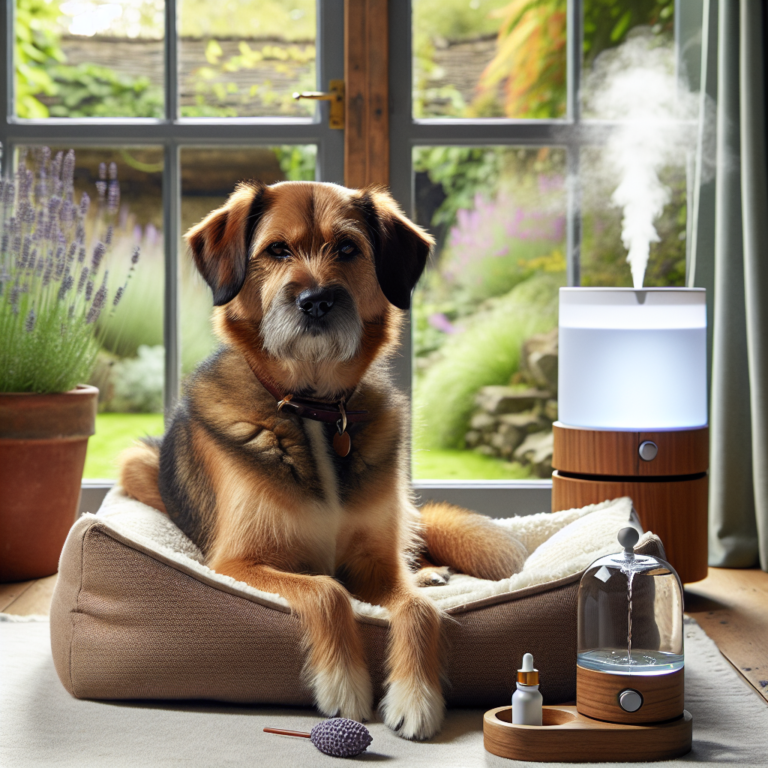Having an anxious pet can be a challenge for both the pet and their owner. Whether your pet suffers from separation anxiety, noise sensitivity, or general nervousness, finding ways to help them relax and calm down is essential for their well-being. Here are 6 effective ways to help your anxious pet calm down.
1. Provide a Safe Space: Create a safe and comfortable space for your pet where they can retreat when they are feeling anxious. This could be a cozy corner of the room, a crate, or a designated room with their favorite blankets and toys. Having a safe space to retreat to can help your pet feel secure and calm.
2. Use Calming Products: There are various calming products available on the market that can help reduce your pet’s anxiety. From pheromone diffusers to calming sprays and treats, these products can help your pet relax in stressful situations. Consult with your veterinarian to find the best option for your pet.
3. Play Soothing Music: Just like humans, pets can benefit from listening to soothing music to help calm their nerves. There are specially curated playlists designed to help pets relax and reduce anxiety. Play some calming music for your pet when they are feeling anxious, and watch them start to unwind.
4. Exercise Regularly: Regular exercise is essential for helping your pet release pent-up energy and reduce stress. Take your pet for daily walks, play fetch in the backyard, or engage them in interactive playtime. Exercise not only helps calm your pet down but also promotes overall physical and mental well-being.
5. Use Positive Reinforcement: Positive reinforcement techniques, such as rewards and praise, can help reinforce calm behavior in your pet. Whenever your pet displays calm behaviors, such as lying down or not reacting to triggers, reward them with treats or affection. This can help your pet associate calm behavior with positive outcomes.
6. Seek Professional Help: If your pet’s anxiety is severe or persistent, consider seeking help from a professional, such as a veterinarian or animal behaviorist. They can provide tailored advice and guidance on managing your pet’s anxiety, as well as recommend medication or therapy if necessary.
By implementing these effective ways to help your anxious pet calm down, you can create a more relaxed and harmonious environment for both you and your pet. Remember to be patient and consistent in your efforts, as it may take time for your pet to fully overcome their anxiety. With the right support and care, you can help your pet lead a happier and more peaceful life.
